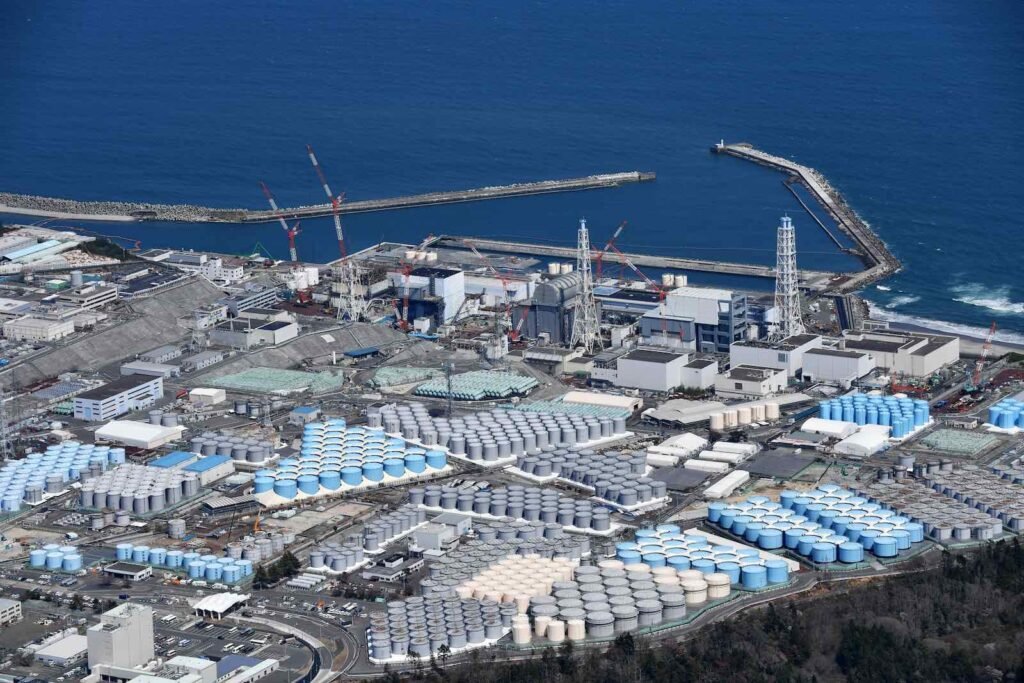Despite facing strong resistance from neighboring nations, Japan is set to commence the discharge of radioactive water from the Fukushima nuclear plant accident into the Pacific Ocean this week.

The accident site has accumulated a large amount of water, enough to fill 500 Olympic swimming pools. This is a result of Tepco’s efforts to cool the plant’s fuel rods. As a result, authorities are now looking for safe methods to get rid of this water.
Authorities suggest that the best solution for disposing of radioactive water is to release it into the ocean over a period of 30 years, gradually filtering and diluting it to minimize harm to wildlife.

It is not surprising that these plans have received a lot of criticism. People in Japan, such as fishermen, have been concerned about the potential harm to ocean ecosystems from the radiation. However, experts claim that the plan is safe.
The International Atomic Energy Agency, the United Nations’ nuclear watchdog, approved a plan to release water from the Fukushima nuclear plant into the ocean, stating that it would have minimal radiation effects on people and the environment if done gradually.
However, there is still some risk involved as officials from Tepco, the plant operator, have acknowledged that small amounts of radioactive isotopes such as tritium and carbon-14 may still be present in the water due to the challenges in removing them completely.

Japan’s neighboring nations, including China, have expressed their disapproval and anger towards these plans.
Chinese foreign ministry spokesperson Wang Wenbin emphasized that the ocean is crucial for humanity’s survival and should not be used as a dumping ground for Japan’s Fukushima radioactive water. He criticized Japan for prioritizing their own interests over the global welfare. The import of seafood from the waters near the Fukushima plant has been banned by South Korea.
Reference- National Geographic, Financial Times, CBC, Al Jazeera, Futurism, BBC News





